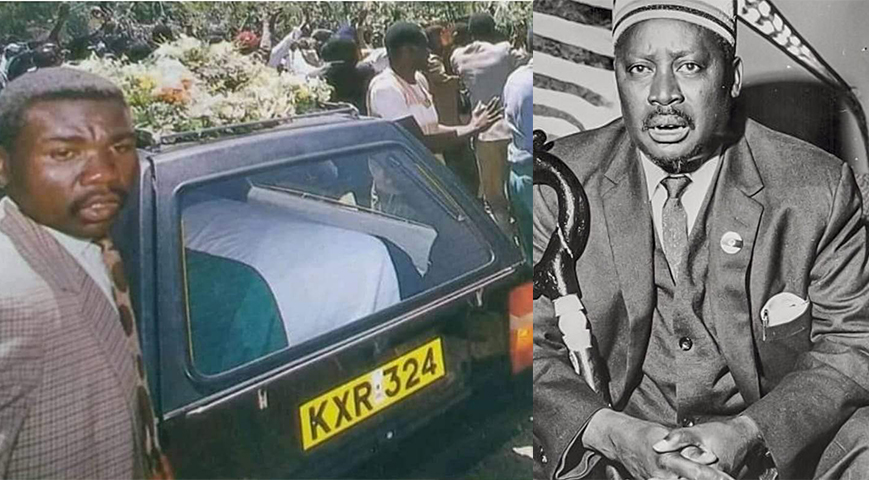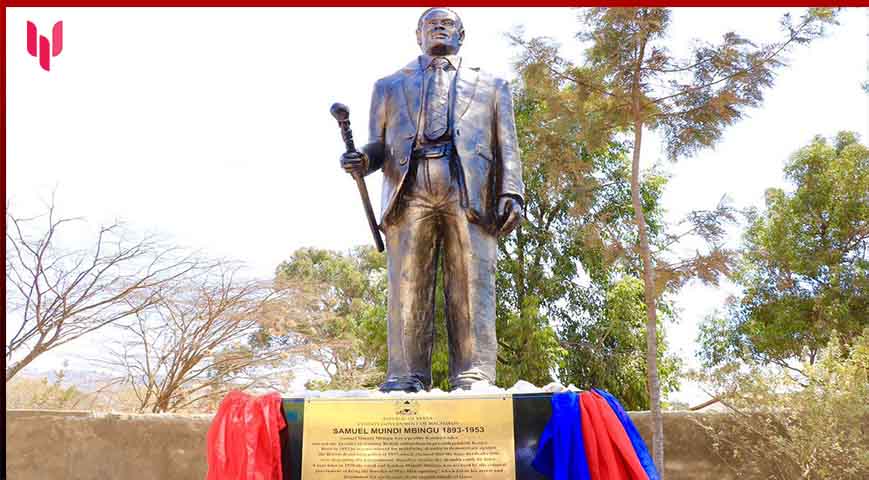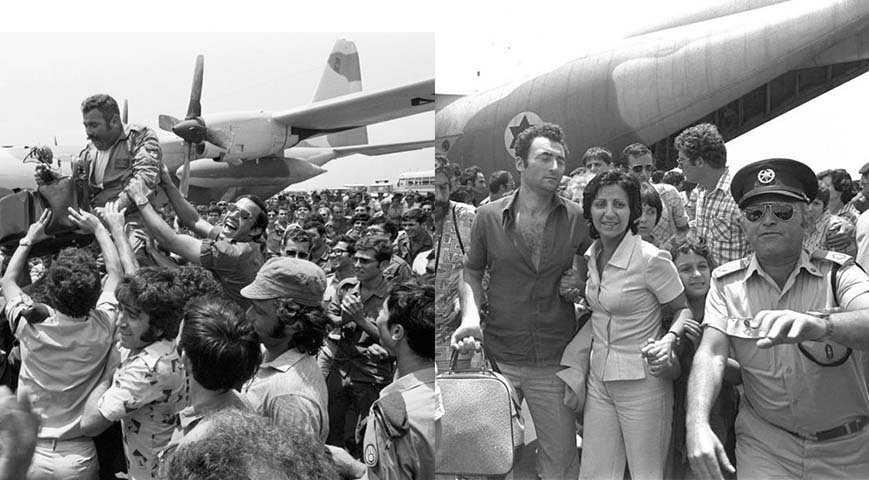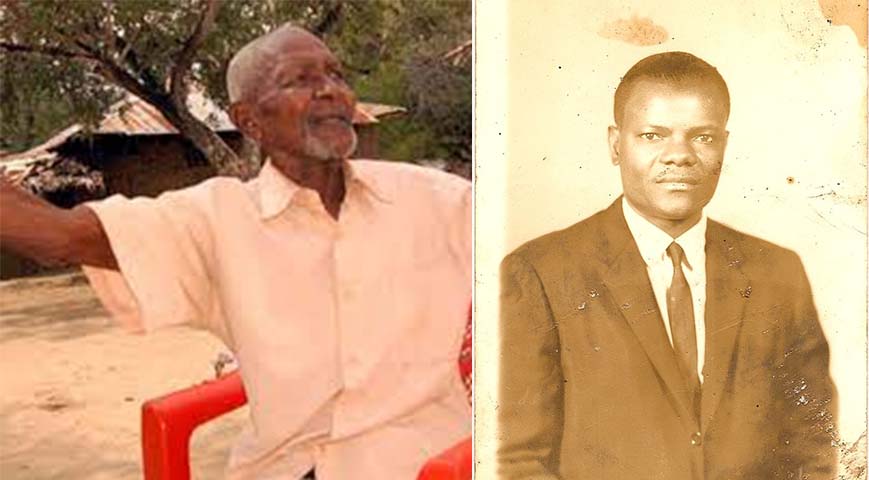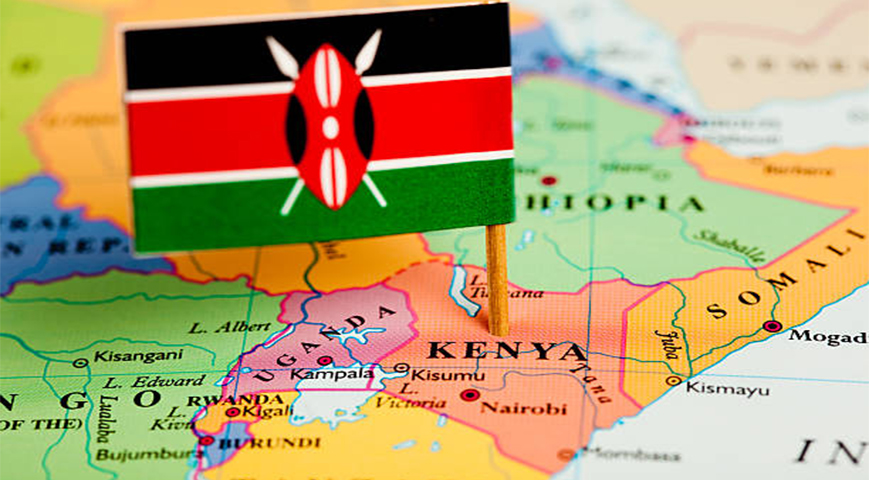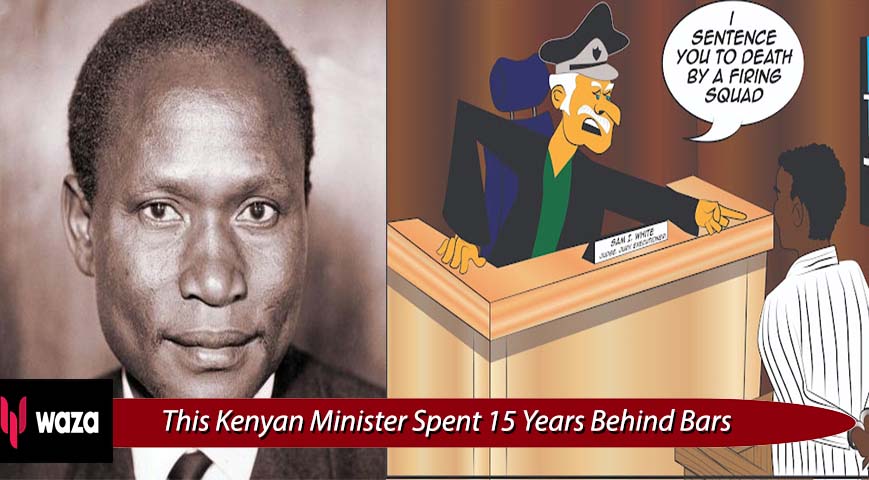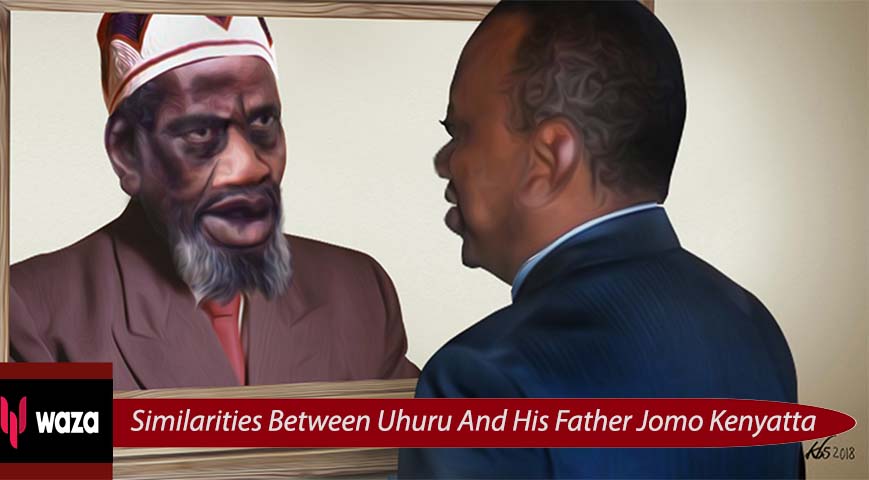Who was Jaramogi Oginga Odinga?
Political leader Jaramogi Ajuma Oginga Odinga, born in Kenya in 1911, played a significant role in Kenya's fight for independence. He served as Kenya's first vice president before becoming the head of the opposition. One of Odinga's sons, Raila Odinga, served as prime minister in the past, and another son, Oburu Odinga, served as an assistant minister in the Ministry of Finance.
Jaramogi is credited with coining the phrase "Not Yet Uhuru," also the title of his autobiography, published in 1967. "Uhuru" means freedom in Swahili, and he was referring to his conviction that even after independence from British colonialism, Kenya's violent subjugation of opposition in political affairs meant that the country had not reached true freedom. Raila Jaramogi, Jaramogi's son, was also imprisoned for eight years.
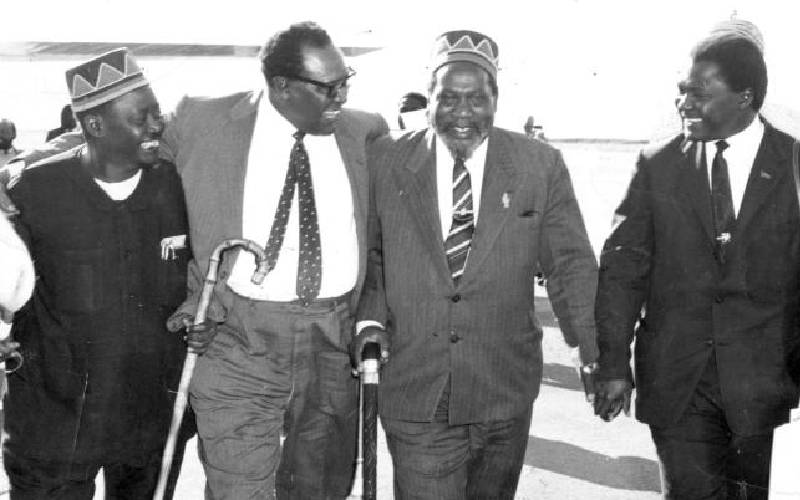
Jaramogi illness and cause of death
Did you read this?
Odinga had four wives, Mary Juma, Gaudencia Adeya, Susan Agik, and Betty Adongo. He had seventeen children with these marriages. Raila and Oburu's mother was Mary. Mary passed away in 1984.
Odinga died at 92 in Kisumu's Aga Khan Hospital on January 20th, 1994. He was laid to rest at the Jaramogi Oginga Odinga Mausoleum at his Bondo house, Kang'o ka Jaramogi. Before he died he suffered a deadly illness that led to his death.
The family refused to reveal what led to the sudden death of Mzee but rather terming his departure as old age and his time had come.
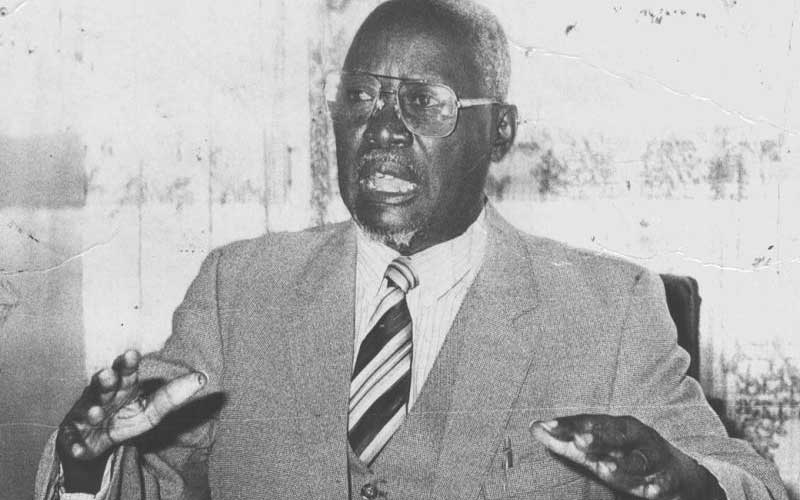
Why he was not given a state funeral
There had been a tug-of-war between Kenya's second President, Daniel Moi and first Vice President, Jaramogi Oginga Odinga, who were on opposite ends of the political spectrum.
In his book, The Flame of Freedom, Raila said that a close ally, Senator James Orengo, was entrusted with alerting President Moi of Jaramogi's death and requesting transportation from Kisumu to Nairobi.
"Orengo broke the news to a stunned President Moi, who offered his condolences before moving on to more practical matters, asking Orengo what type of aircraft was required," he said.
This would be the president's final charity gesture to Jaramogi's family.
When the news of his death reached the public, the people, struck by shock and sorrow, demanded that he be given a state funeral because he was a national leader who had paid the price with Jomo and Moi.
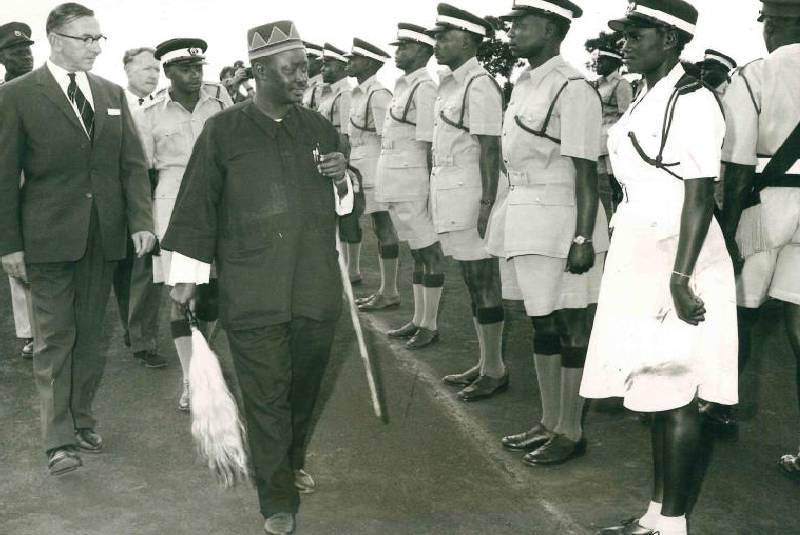
On the other hand, the head of state was adamantly opposed to it. He refused to allow a public viewing or even a state funeral for Jaramogi, but he did allow the family to determine where his bones would be placed.
He went on to say that the family's preparations were unaffected. They held a memorial service at Uhuru Park before transporting his body to his home in rural Kisumu for burial.
There, Raila witnessed the pinnacle of the government's callous disregard for Jaramogi.
Jaramogi was finally laid to rest in his remote Kisumu home, in a burial that the KANU leaders avoided.

